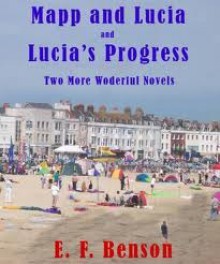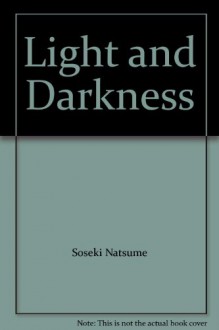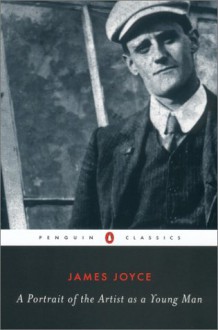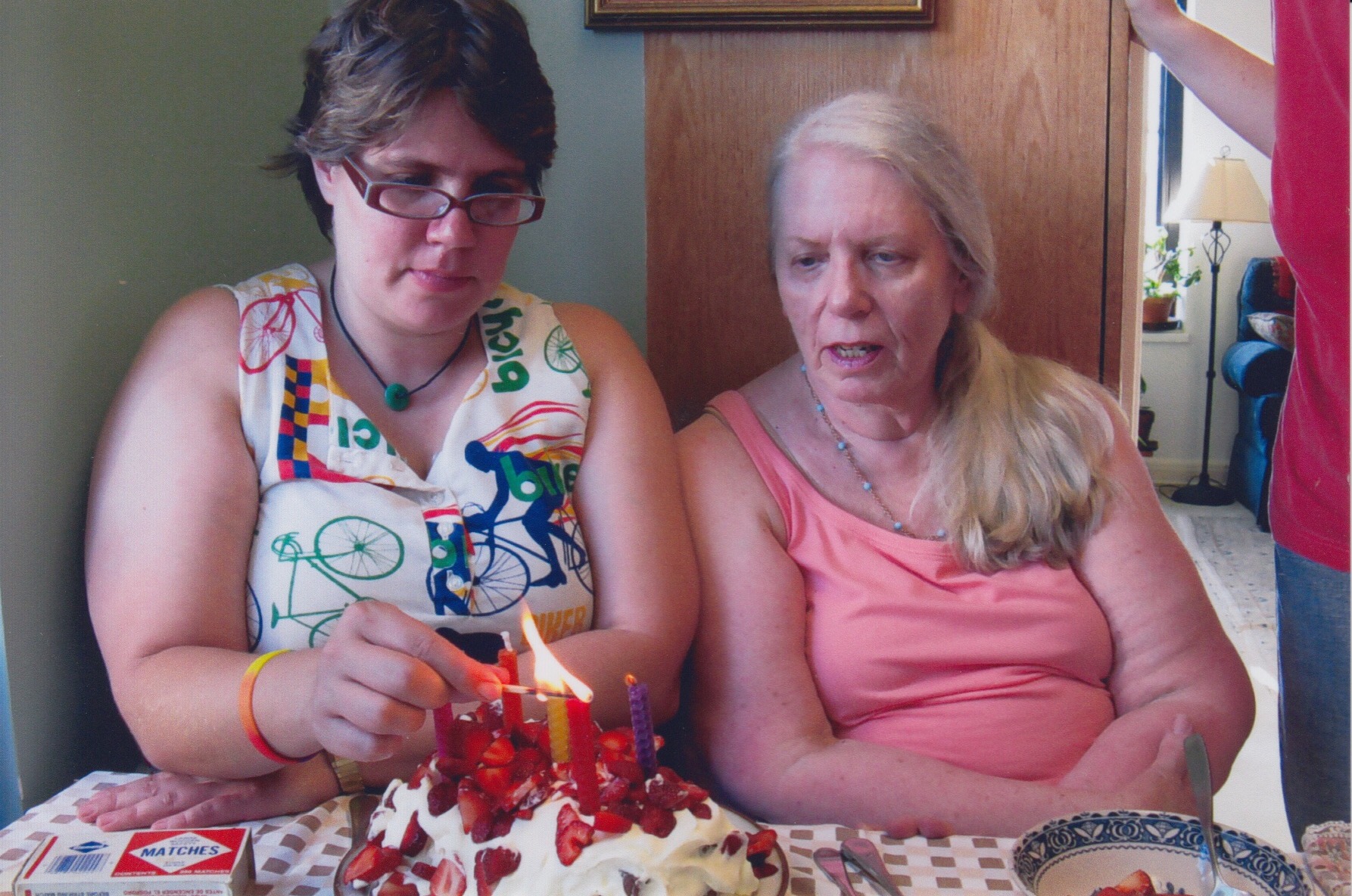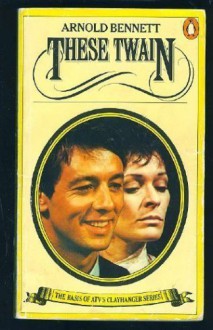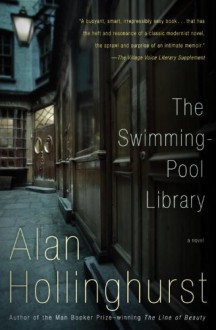
Books of 1916: E.F. Benson Edition
Freaks of Mayfair by E.F. Benson
E.F. Benson is one of the most reliable writers. He always serves up something tasty. Freaks of Mayfair is not a novel but a series of comic sketches of the kinds of “freaks” who lived in Mayfair, an area of London that I know mainly as one of the properties on the Monopoly board; I believe it is dark blue.
This book made me kind of cross with E.F. Benson but then I love E.F. Benson so I felt bad about that. In the end I wound up feeling sympathetic to him as well as sorry for him.
I thought the highlight of this book would be his sketch of Aunt Georgie, who will reappear later as Georgie Pillson in the wonderful Lucia books. In the Lucia books, Georgie lives in the fictional town of Tilling, doing his needlepoint and playing cards with Lucia and Miss Mapp and all the other colorful town characters. Eventually Georgie and the title character Lucia make their platonic relationship official by embarking on a marriage in name only.
Unfortunately, the “Aunt Georgie” sketch was the lowlight. While I don’t think E.F. Benson would have self-identified as gay (anyway, how could he, having died in 1940?), he is famous for his romantic friendships with other men, etc, so I felt let down to see his portrayal of Georgie was on the vicious side. The last thing anyone needs to read is a humorous skewering of someone who was born “an infant of the male sex according to physical equipment, but it became perfectly obvious even when he was quite a little boy that he was quite a little girl.” In a way it gives a little frisson of “I am seen, I exist” to see an Edwardian character who “formed a violent attachment to another young lady, on whom Nature had bestowed the frame of a male, and they gave each other pieces of their hair... and they probably would have kissed each other if they had dared.” But I hate that Georgie has to be a figure of fun.
“Public-school life checked the outward manifestation of girlhood, but Georgie’s essential nature continued to develop in secret. Publicly he became more or less a male boy, but this was not because he was really growing into a male boy, but because through ridicule, contempt, and example he found it more convenient to behave like one.” Depressing. But I think I’m starting to understand the enduring nature of the confusion between gender identity and sexual orientation (for example, when people get transgender people and gay people mixed up.) The original reason for this confusion is purposeful: sexual orientation could not be named at this time but it was okay to say Georgie was a woman. The “problem” is not really who you like, it’s who you are, hence all this tedious focus there still is on “same sex relationships” which throws everything back on yourself when you thought it was about how you felt about other people. Alternately, perhaps E.F. Benson really did conceive of Aunt Georgie as a (transgender) woman: because of the customs of the age, it’s impossible to tell.
“[Although] he did not care for girls in any proper manly way, he liked, when he was sleepy in the morning to hear the rustle of skirts.” “[H]is guests were chiefly young men with rather waggly walks and little jerky movements of their hands and old ladies with whom he was always a great success, for he understood them so well.” “Occasionally, for no reason, he roused violent antagonism in the breasts of rude brainless men, and after he had left the smoking-room in the evening, one would sometimes say to another, ‘Good God! What is it?’”
On the plus side, Georgie leads a happy life, drawing pictures and being arty and visiting with his friends. We should all be so lucky. At the end of the sketch, Benson points out that Georgie has never hurt anyone and that it would cruel to send him to hell, but it would be “very odd” for him to be an angel in heaven. The whole book has a light satirical tone, but it was meaner in the Georgie sketch than all the others. But clearly, as with all hating people, E.F. Benson hates himself (again, back to self, who you are is the problem.) Before reading this book I always thought that Georgie was Benson. Fred is trying to draw some kind of line in the sand between himself and Georgie. Oh, Fred is not like Georgie because Fred is quite butch! That’s where I started feeling so sad for Fred Benson and why did he have such terrible misfortune to be born in Victorian England to pious parents instead of (for example) in New York in the 1970s to atheists? And wouldn’t E.F. Benson be fun to have around if he were alive today?
Moving on to the more entertaining parts of the book, it was much more amusing to see Benson hating on his brother, who is skewered in “The Spiritual Pastor.” I mean, I don’t even know that much about the Benson family but even I could see it has to be his brother. All the other freaks of Mayfair have something unusual and undesirable about them, except for this vicar, whose undesirable quality is that he’s too good looking, too good at sports, too well-liked, too upbeat, too humble. What really makes writer Benson gnash his teeth is how successful the vicar is with his writing career, publishing commonplace religious essays. The examples of the kinds of things the vicar writes were fun, because they were exactly the same as some uplifting self-help type stuff you might read today (eg don’t be so upset about being late for the train, pay attention to the fluffy clouds in the sky!) But honestly not even bad enough to make fun of. Pure sibling rivalry!
There were other examples of things the freaks did that Benson thought were totally ridiculous which today are commonly accepted, such as practicing yoga and having a vegetarian diet. But yoga practitioners are not members of a persecuted minority, so it didn’t make me get all up on my high horse to read the “Quack quack” sketch. The chapter where I actually felt personally most skewered, and found most hilarious, was “The Eternally Uncompromised” about a person with too much imagination, just like me. Winifred Ames’ particular problem was always imagining that men were looking at her with eyes of silent longing. (She read too much sentimental trashy literature from the circulating library, same as Miriam in Backwater.) But Winny-Pinny’s greatest dream, of being talked about as being in a compromising situation with a man who’s not her husband, recedes from her as fast as she chases it. “Indeed, it is receding faster than she pursues now, for her hair is getting to be a dimmer gold, and the skin at the outer corner of those poor eyes, ever looking out for unreal lovers, is beginning to faintly suggest the aspect of a muddy lane, when a flock of sheep have walked over it, leaving it trodden and dinted.”
Other quite funny sketches are about snobs, social climbers, and older people who cling to their lost youth (“grizzly kittens.”) Just once Benson alludes to the war, saying “the myriad graves in France and Flanders bear a testimony [to the manliness of the British, maybe the war is why he has this topic on the brain] that is the more eloquent for it being unspoken.”
I noticed how often in my book reviews I start out by saying, “I expected x, y, and z to happen, but...” or “I thought it would be the same as n, but...” (In this case, expecting the sketch of Aunt Georgie to be the best part.) Or occasionally I say, “Just like I expected, such-and-such happened!” If this habit is tedious for me, it must be tedious for you. Is there any way I could stop having expectations about novels, and stop making up a projected plot the instant I lay eyes on it? I would really like it if that could happen.
David Blaize by E.F. Benson
Naturally, E.F. Benson published three books in 1916. Most of his books took him three weeks to write. He described himself as “uncontrollably prolific.” His biographer suggests that the whole Benson family’s prodigious output is due to mania. I say, a preferred kind of mania if you could pick and choose.
I didn’t read Mike but I read David Blaize many years ago. This is today one of Benson’s most popular novels. It is a boarding school story. I enjoy those, and it has everything you want in one, including terrifying but secretly kind headmasters, beatings, cricket, and lots of pranks. The heart of the story is the friendship that the title character develops with an older boy named Maddox. The most memorable part is when Maddox is ogling David in the shower, David doesn’t like it and leaves, and Maddox comes to apologize to him. Then later another character is expelled for bringing disgrace onto himself for writing love letters to another boy. Maddox says that it could have been himself and that David has made him “uncorrupt” himself, and David thanks Maddox for shielding him from filth. Because they have chosen the path of purity, they then basically get to have a love scene, lying next to each other on the grass, wriggling shyly closer, feeling intense happiness, and then playing sports. Forever after they are the greatest of friends. David and Maddox get to hold hands at the end because David almost dies (of injuries from heroically stopping a runaway horse on the high street.) A brush with death is the only situation where males are permitted to hold hands, and one of them has to be delirious or unconscious. I think you could read every book on the planet and never find a more striking example of an author desperately trying to repudiate sexual feelings and at the same time elevate the purity of love between two boys. When I read David Blaize as a young person it just made me roll my eyes, but as a withered-up middle-aged person I find it very touching and a bit sad.
According to Benson’s biographer Brian Masters, David Blaize was the first positive treatment of a romantic friendship at a boy’s school and while it was a critical success it was “dangerously new.” E.F. Benson’s brother Arthur wanted him to leave all that stuff out but Fred didn’t listen. So Fred received lots of fan mail about the book, including one from the Front saying “the lads in the trenches are sharing it and passing it around.” Masters says Fred would “not have been pleased to learn that the novel is still on the list of homosexual book clubs” and that “it does not belong there.” (This biography was written in 1991.) So Masters and I have opposite ideas about how Fred would feel if he were re-animated, and that is because no one knows. (Who is this guy Brian Masters anyway? He also wrote biographies of a serial killer and necrophiliac, a wicked zoo owner, British dukes, and Marie Corelli.)
Years later Fred said, “I have had more correspondence about [David Blaize] than any other book I ever wrote. That I think has been because there was no ‘book-making’ about it, but it was a genuine piece of self-expression.” And now we have a pleasing moment where I actually agree with both Brian Masters and the guy who wrote the introduction to Freaks of Mayfair, Christopher Hawtree. They both say that 1916 was a turning point in Benson’s development as an artist, as he stopped writing those unconvincing sentimental romances centering on a man and a woman, and began writing the comedies he is now known for. I think it is the fact that Benson is writing about things he actually cares about (in his peculiar way) that makes both David Blaize and Freaks of Mayfair so appealing and yet painful. (I don't mean peculiar in a bad way. He is one of a kind. He sort of has no heart, but usually in a kindly way, and how can someone be kindly with no heart? So it must be there but he is very coy, plus clearly he is not motivated by the same things as most other people. You go read some E.F. Benson and you'll see.)
Two years earlier Benson’s brother Hugh (the Catholic one) died of pneumonia, and in 1916 his sister Maggie died of heart troubles. Based on Final Edition, one of E.F. Benson’s memoirs that he completed just days before his own death, it looks like during 1916 all the extant members of his family were suffering from mental illness or just about to die themselves. So it’s really remarkable that Benson could be so funny and was only about to get funnier.
I’m going to read Final Edition and the slightly annoying biography more carefully instead of just skimming for the good bits. And I should probably read at least one of his other memoirs too. Then I’ll be fully ready for his two novels of 1917. I’m glad I have many more years with E.F. Benson before he dies of throat cancer in 1940. His best books are yet to come!


 Log in with Facebook
Log in with Facebook 


